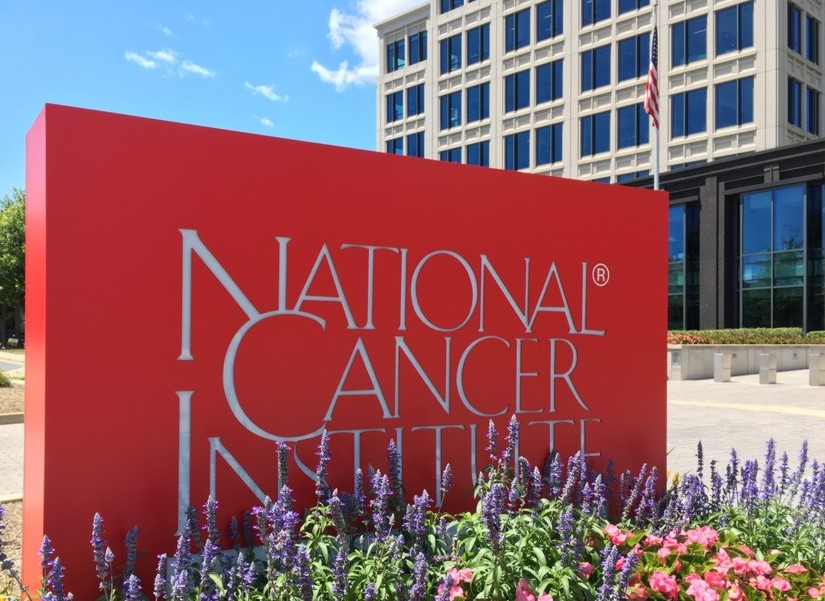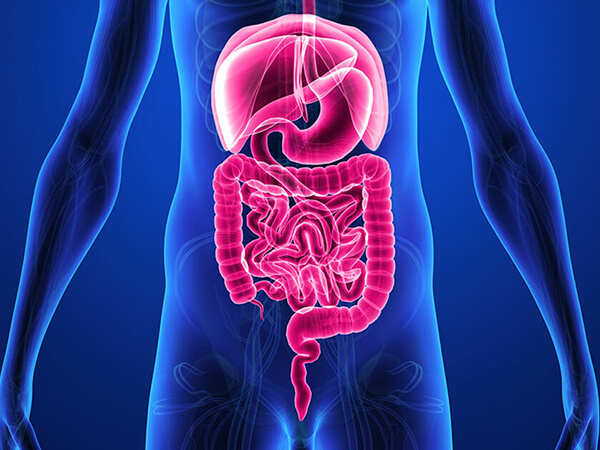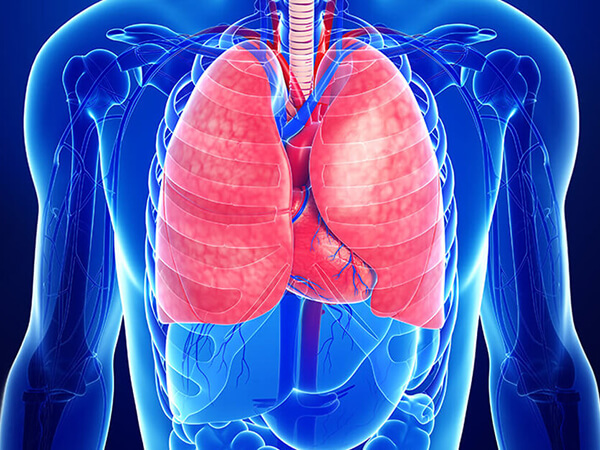The National Cancer Institute’s Division of Cancer Prevention is devoted to cancer prevention, detection, and symptom science research. We provide funding and administrative support to clinical and laboratory researchers, community and multidisciplinary teams, and collaborative scientific networks.
Learn more about our Scientific Scope.
Below are the key structures within our extramural division. Choose one to learn more about the research underway and the staff involved.
-

Oversees division activities and supports research training and career development in prevention, detection, and symptom science research. Provides clinical trials support, communications, contract management, data science, and planning and evaluation.
-

Contributes to the rigor and reproducibility of cancer research through statistical consultation and mathematical modeling. Supports research in biostatistical methods and data analytics, machine learning, and artificial intelligence for cancer risk prediction and reduction.
-

Conducts and fosters research on the prevention and early detection of breast cancer, cervix and human papillomavirus (HPV)-related cancers, endometrial cancers, ovarian cancers, and related precursor conditions.
-

Promotes research to identify, develop, and validate biological markers for early cancer detection, risk prediction, and prevention. Supports development of collaborative databases and informatics systems, advancement of new technologies, and refinement of existing technologies.
-

Coordinates a multidisciplinary program offering postdoctoral research opportunities in basic, quantitative, social/behavioral sciences, and clinical cancer prevention to individuals from varied health sciences disciplines.
-

Designs, develops, implements, and monitors research on interventions that may block, reverse, or delay the early stages of cancer. Investigates nutrients, micronutrients, natural products, pharmacologic agents, biomolecules, and vaccines from preclinical to early-phase I clinical studies. Helps investigators to bridge the gaps between biology and identifying potential targets, and between discovery of targets and agents and clinical testing in people.
-

Supports clinical oncology trials in cancer prevention and control in community settings. Funds investigator-initiated research in supportive, palliative and end-of-life care. Coordinates with other NCI programs to conduct clinical oncology research projects in the community setting.
-

Advances research to determine the effectiveness and clinical impact – harms and benefits – of cancer early detection technologies and practices, including imaging and molecular biomarker approaches. Fosters technological development, statistical modeling, and dissemination of scientific findings to promote early cancer detection practices.
-

Conducts and supports prevention and early detection research for colorectal, esophageal, liver, pancreatic, and hematolymphoid cancers. Supports development of new approaches for clinical prevention studies, including cancer immunoprevention.
-

Conducts and supports research on the prevention and early detection of lung, head, and neck cancers. Supports new approaches to clinical prevention studies, including cancer immunoprevention and chemoprevention.
-

Promotes and supports studies establishing a comprehensive understanding of the role of diet and food components in cancer risk and tumor behavior. Supports basic, translational, and clinical studies to understand the interplay between nutrition and the microbiome, underlying cancer prevention mechanisms, and the interaction between genetics, gene expression, and dietary intake.
-

Conducts and supports research on the prevention and early detection of prostate and bladder cancers. Develops and supports prevention trials and evaluation of new agents, surrogate biomarkers, and emerging technologies for identifying premalignant lesions.
